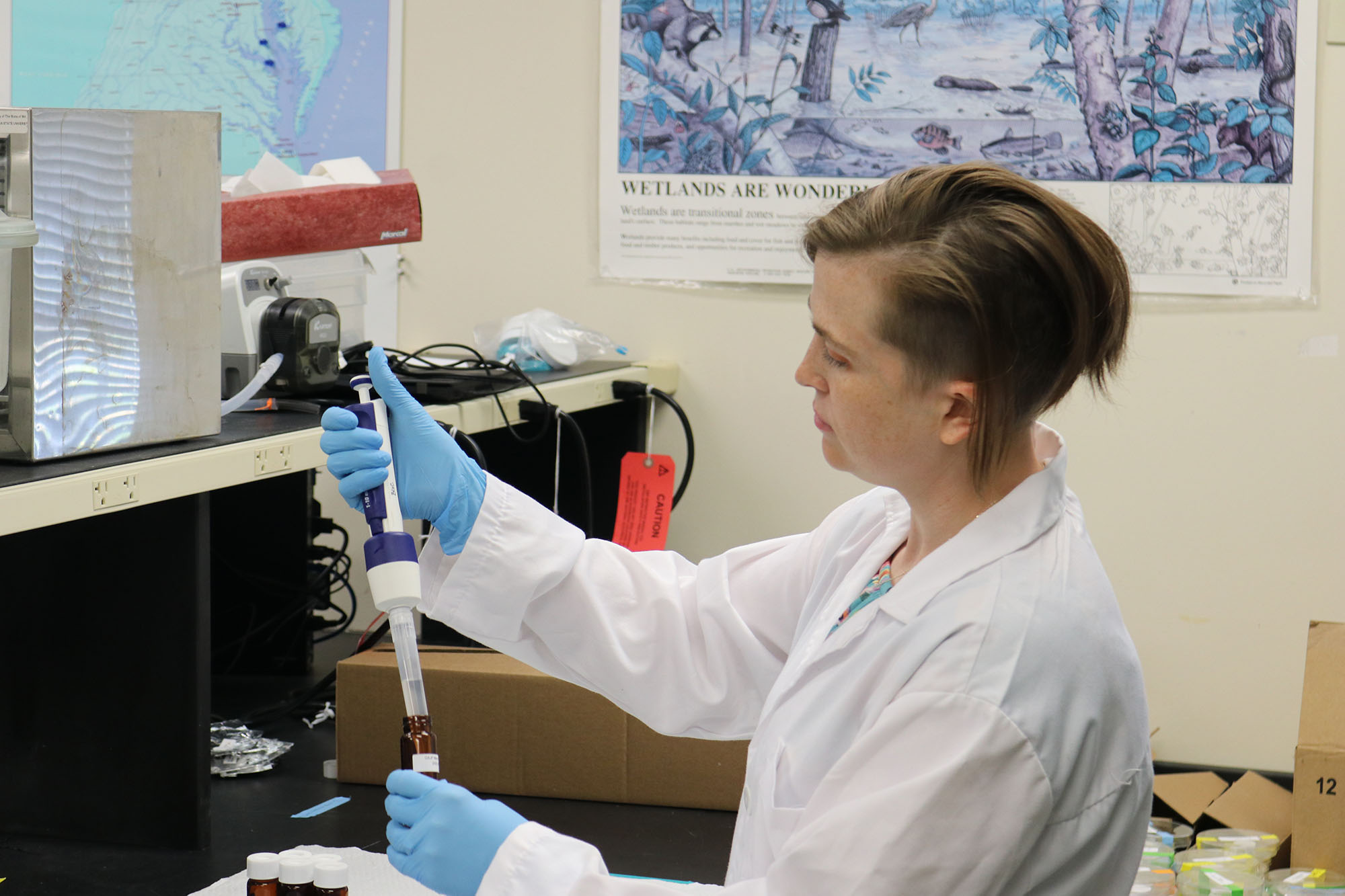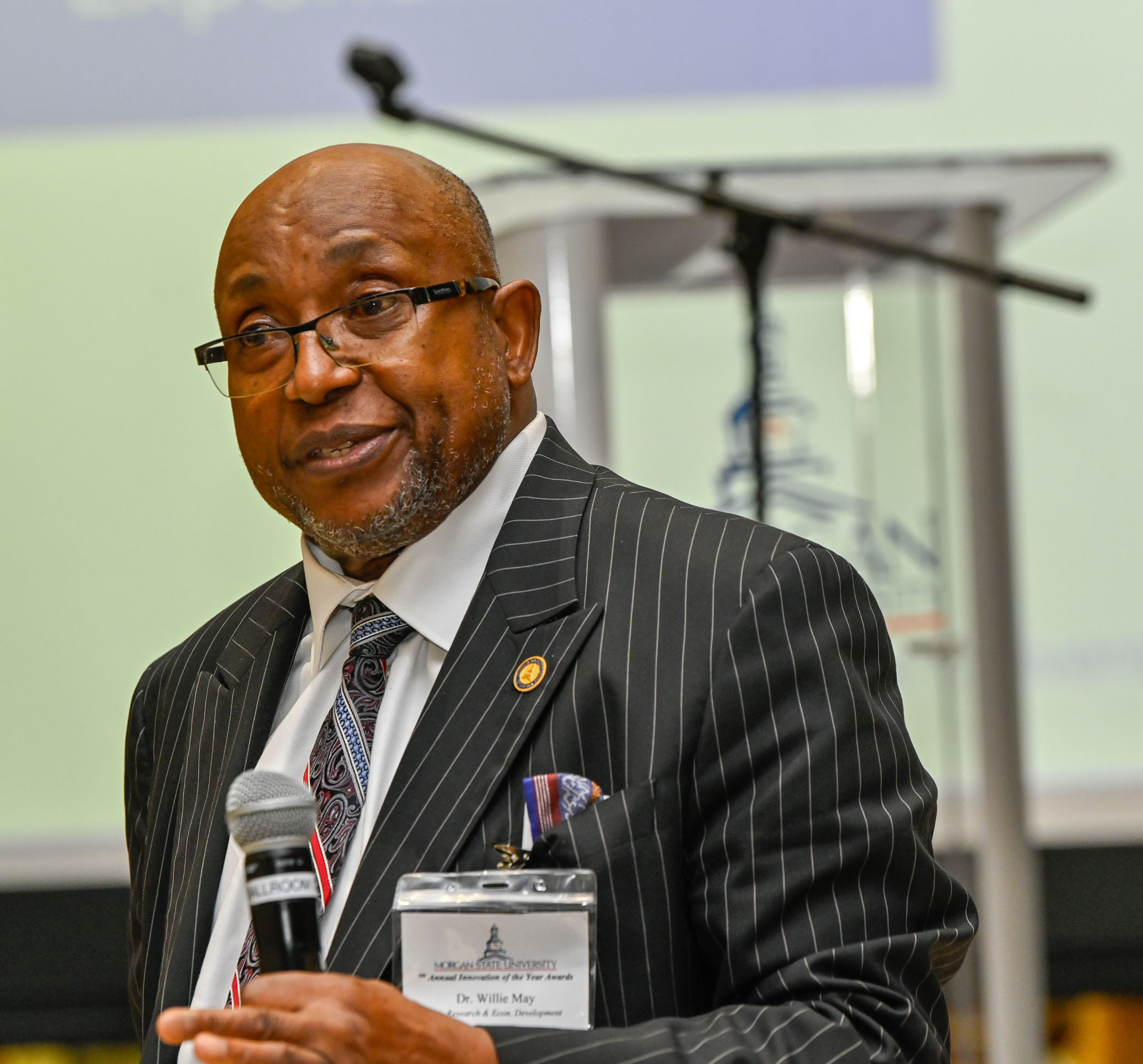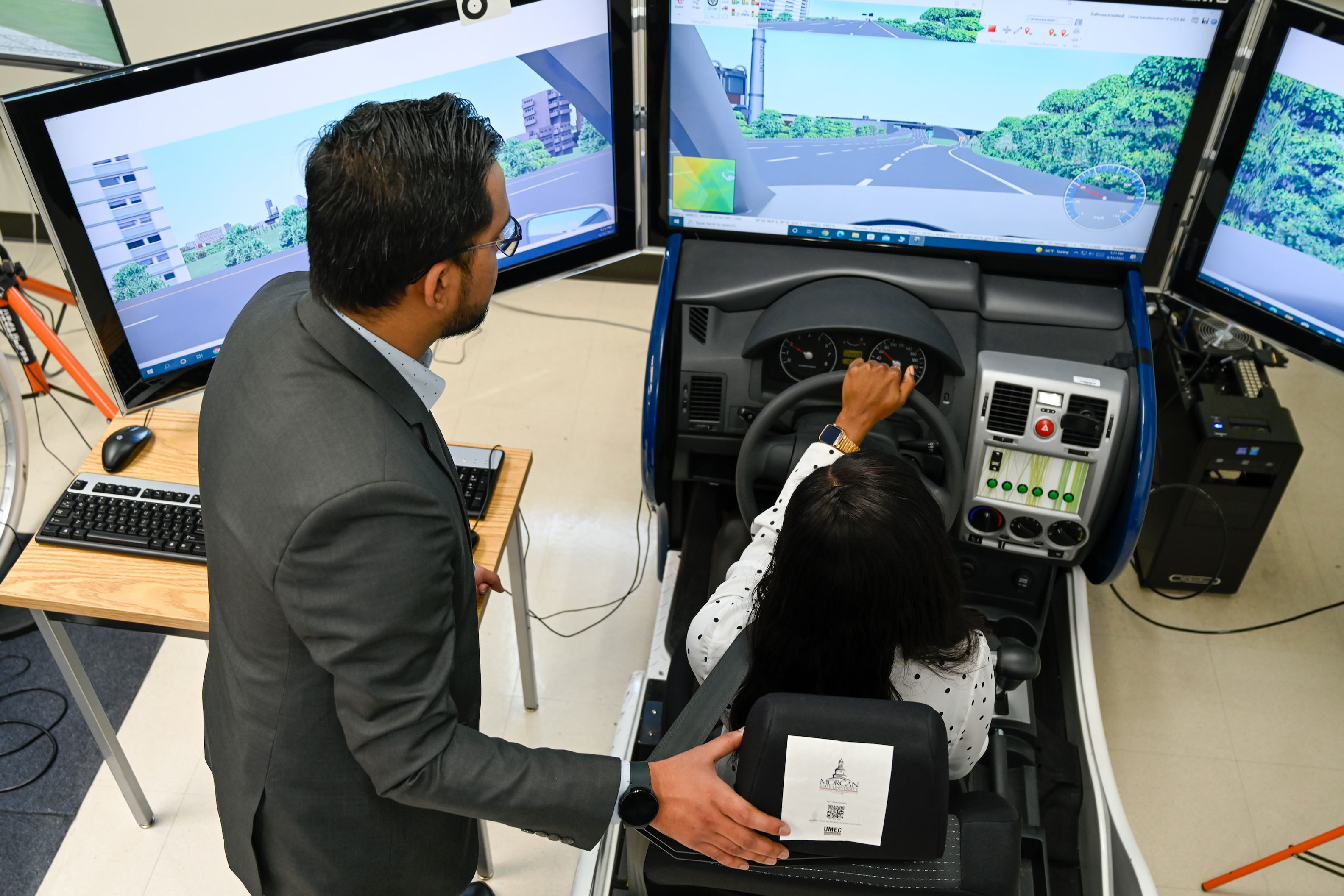By Morgan State U
(BALTIMORE – September 25, 2024) — During the Morgan State University Board of Regents summer quarterly meetings, the University’s Division of Research and Economic Development (D-RED) reported a record-high of $88.5 million in new federal funding commitments for university research and training — a 6% increase over the previous year — and $50 million in research expenditures for Fiscal Year 2024 (FY24). This marks the fourth consecutive year Morgan has netted increases in sponsored research commitments, excluding any private gifts. Both achievements further advance the University toward its goal of obtaining an R1 (very high research activity) Carnegie classification.
“Since first boldly declaring our commitment to becoming the only doctoral HBCU with a current R1 classification, Morgan has been on an unwavering positive trajectory toward that goal. And our progress has only been bolstered by the unprecedented support and investment we’re seeing from our federal, state and private sector partners in our research,” said David K. Wilson, president of Morgan. “As Maryland’s preeminent public urban research university, we have an obligation to leverage our growing research capabilities in the effort to understand and address the many intricate challenges affecting our communities, the city of Baltimore and the state, and these critical resources are aiding in that regard.”
 During FY24, Morgan researchers submitted 331 new proposals requesting more than $226 million in funding from an array of U.S. federal agencies, including the Department of Transportation, National Science Foundation, Department of Defense, Department of Energy and National Institutes of Health, among others. The University received 160 new funding commitments, from proposals submitted this and last academic year, worth $88.5 million. Coincidingly, the University reached a targeted $50 million in research expenditures.
During FY24, Morgan researchers submitted 331 new proposals requesting more than $226 million in funding from an array of U.S. federal agencies, including the Department of Transportation, National Science Foundation, Department of Defense, Department of Energy and National Institutes of Health, among others. The University received 160 new funding commitments, from proposals submitted this and last academic year, worth $88.5 million. Coincidingly, the University reached a targeted $50 million in research expenditures.
 “I applaud our faculty members, some of whom are recognized as being among the world’s top 2% of scientists and/or national society fellows, and I applaud our staff for their efforts to elevate Morgan to become a well-recognized, more well-rounded and more well-respected research university, as we ascend to R1 classification,” said Willie E. May, Ph.D., vice president of Research and Economic Development and professor of Chemistry at Morgan. “Our sponsored research funding has risen from $33 million in FY 2018 to nearly $90 million this past fiscal year, while research expenditures have risen from $13 million in 2018 to an estimated $50 million for the year, which meets the R1 threshold for research expenditures. I am confident that the path we are on will take this university to its destination.”
“I applaud our faculty members, some of whom are recognized as being among the world’s top 2% of scientists and/or national society fellows, and I applaud our staff for their efforts to elevate Morgan to become a well-recognized, more well-rounded and more well-respected research university, as we ascend to R1 classification,” said Willie E. May, Ph.D., vice president of Research and Economic Development and professor of Chemistry at Morgan. “Our sponsored research funding has risen from $33 million in FY 2018 to nearly $90 million this past fiscal year, while research expenditures have risen from $13 million in 2018 to an estimated $50 million for the year, which meets the R1 threshold for research expenditures. I am confident that the path we are on will take this university to its destination.”
The American Council on Education and the Carnegie Foundation for the Advancement of Teaching recently simplified the standard for doctoral universities to attain an R1 classification, now allowing a university to qualify by spending at least $50 million on research and awarding at least 70 doctoral degrees yearly. Morgan is now developing a strategy to return the university to its pre-COVID average of producing more than 70 doctoral graduates per year.
Since FY22, Morgan has consistently received $75 million or more in new awards per year, which far exceeds the previous annual average of $32 million per year in 2021. Last year’s intake of new grants and awards was the highest to date. Some of the largest awards received in FY24 include:
- A five-year, $11.4-million Maternal Health Research Network for Minority-Serving Institutions grant to the School of Community Health and Policy, received from the Health Resources and Services Administration (HRSA), to conduct research focused on enlightening, educating and igniting “a paradigm shift” in maternal health research rooted in community engagement. Yvonne Bronner, Sc.D., professor of Public Health, is the principal architect of the integrative research examining the non-medical structural forces driving inequity in maternal health.
- $8 million from the Department of Defense (DoD) to the School of Computer, Mathematical and Natural Sciences’ Center for Transformational Thermo-Electro-Photonics with Engineered 2D Materials, to pioneer scientific exploration in thin films and nanostructures of layered chalcogenides and other van der Waals solids, while also providing STEM education and mentoring of students. Ramesh Budhani, Ph.D., professor of Physics, serves as the principal investigator.
- A $4.4-million contract from Baltimore City Public Schools to the School of Community Health and Policy’s Department of Nursing, in an effort to improve and enhance health services in the schools. The contract provides pediatric nursing services support within health suites to five schools throughout the city. Maija Anderson, DNP, APRN, FNE-A/P, associate professor and chair of the Department of Nursing, serves as the principal investigator.
- A five-year, $4.0-million grant from the Maryland Department of Transportation (MDOT) to the School of Engineering’s Sustainable Mobility and Accessibility Regional Transportation Equity Research (SMARTER) Center, to promote the mobility of people and goods in the mid-Atlantic region through a robust program of research, education and technology transfers. Mansoureh Jeihani, Ph.D., director of Morgan’s National Transportation Center, serves as the principal investigator.
- A nearly $3-million grant from the National Science Foundation (NSF) to the School of Computer, Mathematical and Natural Sciences, to establish an NSF Research Traineeship (NRT) program in Artificial Intelligence for Climate Change and Environmental SuStainability (ACCESS). The program is designed to provide hands-on training for the next generation of scientists and engineers researching artificial intelligence and machine learning solutions to wide-ranging climate change impacts. Sam Sherchan, Ph.D., associate professor of Biology, serves as the principal investigator.
 Complementing the advancements in research and research awards, there was also significant growth in innovation at the University. Morgan achieved a record high number of patents awarded and patent applications submitted in a single year, in 2023, topping all HBCUs nationwide. In that year, the University was awarded 13 patents, making it the only HBCU to be included among the nation’s Top 100 U.S. Universities to be granted U.S. utility patents, as reported by the National Academy of Inventors.
Complementing the advancements in research and research awards, there was also significant growth in innovation at the University. Morgan achieved a record high number of patents awarded and patent applications submitted in a single year, in 2023, topping all HBCUs nationwide. In that year, the University was awarded 13 patents, making it the only HBCU to be included among the nation’s Top 100 U.S. Universities to be granted U.S. utility patents, as reported by the National Academy of Inventors.
About Morgan
Morgan State University, founded in 1867, is a Carnegie-classified high research (R2) institution offering more than 150 academic degree and certificate programs leading to degrees from the baccalaureate to the doctorate. As Maryland’s Preeminent Public Urban Research University, and the only university to have its entire campus designated as a National Treasure by the National Trust for Historic Preservation, Morgan serves a multiethnic and multiracial student body and seeks to ensure that the doors of higher education are opened as wide as possible to as many as possible. For more information about Morgan State University, visit www.morgan.edu.










